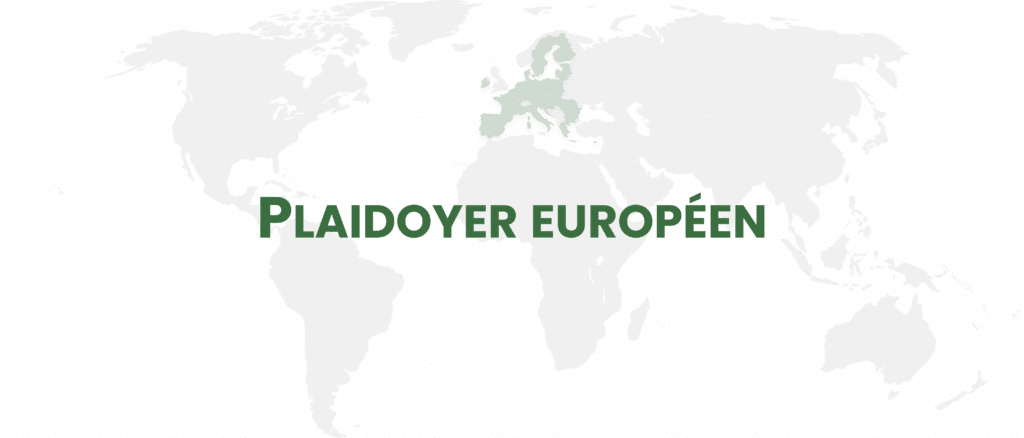Increased climate policy activity at EU level has been met with a rising time of climate disinformation, on social media and mainstream media in EU countries.
As it is increasingly spreading online and infiltrating mainstream channels, climate disinformation represents a growing economic, security, and democratic threat to the European Union.
1. Human and security dimension
2. Strategic dimension
3. Democratic dimension
By polarizing the discourse on climate action, it weakens social cohesion and undermines citizens’ ability to make informed decisions.
Although the European Union’s 2024–2029 Strategic Agenda identifies the fight against disinformation as a priority, the current legislative tools – such as the Digital Services Act (DSA), the Artificial Intelligence Act (AI Act), the European Media Freedom Act (EMFA), and the Audiovisual Media Services Directive (AVMSD) – do not include specific or tailored measures to address climate disinformation. As a result, they remain insufficient to tackle this growing challenge.
The absence of an adequate EU regulatory framework not only prevents national and European authorities from acting effectively against this expanding phenomenon, but also deprives citizens of their fundamental right to accurate and reliable information.
We call for the recognition of climate disinformation as a specific risk, distinct from legitimate editorial debates and political disagreements. It is essential to strike a balance between freedom of expression and the need to counter deliberately misleading narratives that undermine trust in climate action and hinder citizens’ ability to make informed choices.
QuotaClimat calls for an ambitious European response built on three pillars:
- Act sectorally: Integrate targeted measures in key sectors – from renewable energy to agriculture.
- Fill the regulatory gap: Strengthen the existing framework to define, identify, prevent, and counter the threat of climate disinformation.
- Protect the democratic mission of the media: Support journalists by renewing ethical safeguards, protecting environmental reporters, and enforcing European regulation against disinformation.
Our European manifesto
To achieve this, we join forces with the International and European Federations of Journalists and several environmental NGOs to defend a manifesto built around six priorities:
- Strengthen the role of independent audiovisual regulatory authorities within the European Union.
- Ensure the evolution of the European media regulatory framework.
- Identify and combat false information about CSR policies and the scientific consensus on global warming in the media.
- Reinforce media literacy, especially on environmental issues.
- Strengthen protection for environmental journalists, notably by granting them whistleblower status, to safeguard their essential democratic role.
- Improve relations between media and European institutions.
Our German counterpart
Collaboration is key. We are building a network of European partner NGOs to amplify the impact of our fieldwork.
Since July 2024, we have been partners with Klima Vor Acht, a German NGO dedicated to increasing media coverage of environmental issues in German audiovisual media.




